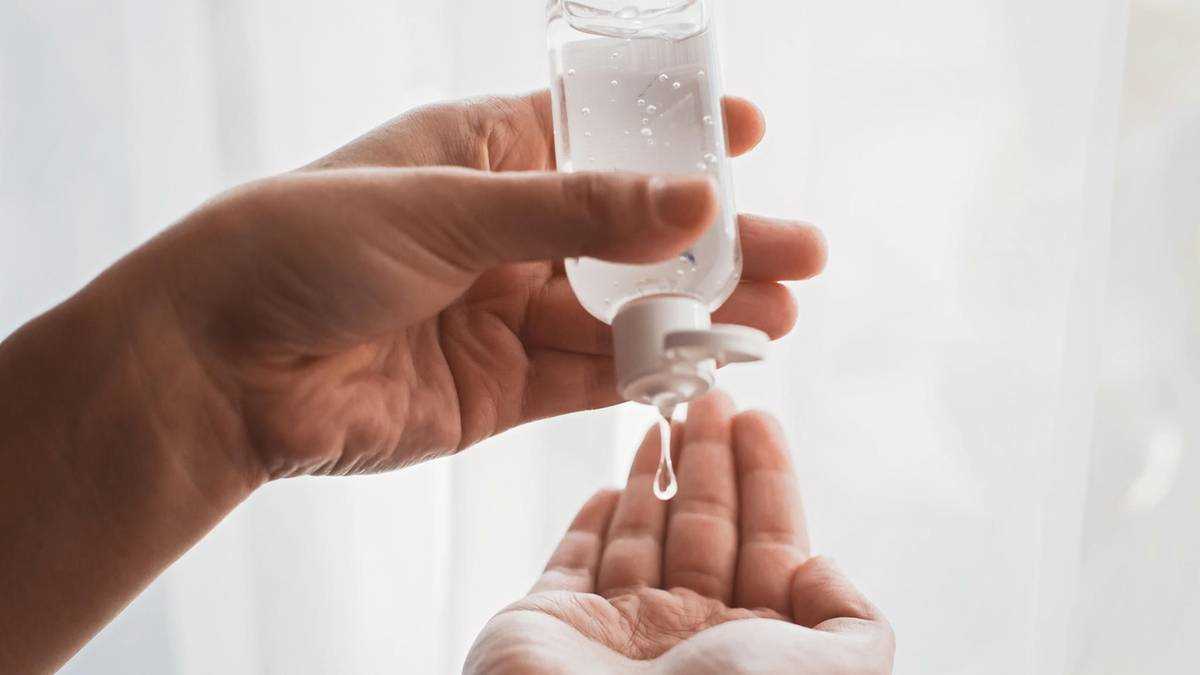Unusual times require unusual measures – this can currently be seen in large parts of the German economy. The t-shirt manufacturer Trigema produces mouth masks on a large scale, car manufacturers should help with 3D printers in the production of respirators.
And you can also get creative in the Berlin district of Marzahn-Hellersdorf: here, in an old factory building on the former Knorr-Bremse site, is the Deutsche Spirituosen Manufaktur. Usually, fine spirits and fires are created there in elaborate manual work, the customers of which include star chefs, luxury hotels and even Bellevue Palace.
But in the face of the Corona crisis, the company had to improvise: Because the orders failed to materialize – after all, the bars and restaurants were closed all over the country – the existing alcohol stocks were used to produce disinfectants.
This is in short supply on the free market and is desperately sought in many medical facilities. However, because the need is huge, the team decided to give away thousands of bottles to 120 old people's homes in Berlin. Because especially for nursing home residents, the corona virus is a serious danger.
Disinfectant instead of fruit brandy
Switching the production of gin, grain and Obstler to hand disinfectants was not as trivial as it sounds at first. "It was not that easy for us to take the step. Without my technical background, we would probably have left our fingers behind," says Konrad Horn, a doctor of pharmacy and co-owner of the company.
The DSM hand disinfectant is sold for 10.95 euros per 100 milliliters. That is not cheap, but a justified price for handmade disinfectant, as the Berlin pharmacist Anke Rüdinger im star-Podcast "We and Corona" explained. Because VAT and ethanol including alcohol tax alone cost around 4.80 euros, in addition there are costs for other ingredients, filling, labeling and bottle.
"There are currently many well-intentioned ideas circulating on the Internet, for example to produce disinfectants from gin or private residues of spirits." Horn advises against such measures, however, since pure, 96 percent ethanol is required for disinfectants according to the WHO standard. This level of purity cannot be achieved with residual spirits in small stills.
Survive and save lives
With the conversion of the production, of course, the survival of the barely two-year-old factory should also be ensured. "At the moment, we do not know for ourselves how things will go or whether our factory will survive this crisis. The vast majority of our customers have left overnight. In addition, customers can no longer pay outstanding bills, but our monthly charge remains unchanged. Nevertheless, we are fighting and try to keep our four employees at all costs, even if on a short-time basis, "explains Tim Müller, managing director and founder of the manufactory.
Despite the need, he and his team want to show solidarity. "Together we can do it and will also make our contribution to the common good," said Müller. On Monday, the company posted a picture on social networks: it shows the five employees in front of dozens of brown, hand-filled bottles, in the background a huge ethanol canister is enthroned. The picture is subtitled with the word "rethink". This is necessary to master the crisis – among manufacturers, politicians and customers.
This article was originally published on stern.de.
